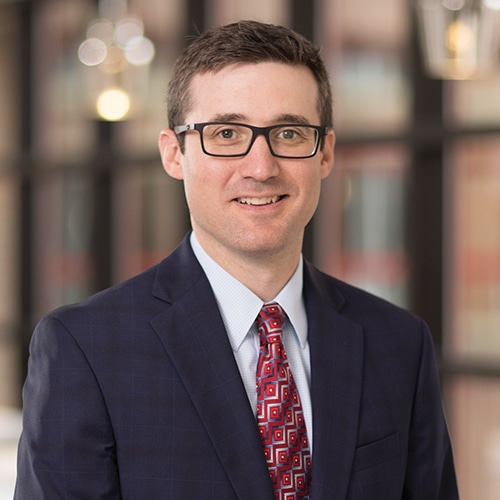On July 23, 2018, the Michigan Supreme Court released its opinion in Trowell v Providence Hospital (Docket No. 154476) addressing whether the plaintiff’s claims are sounded in ordinary negligence or medical malpractice. If a claim sounds in ordinary negligence or malpractice is often a critical issue as ordinary negligence claims are not subject to the same procedural requirements as malpractice claims including non-economic damage caps.
In Trowell, the plaintiff filed a complaint alleging ordinary negligence three years after she sustained a fall while admitted to the ICU of the defendant hospital. The plaintiff alleged that a hospital aid dropped her twice while attempting to assist her to the bathroom. The defendant moved for summary disposition under MCR 2.116(C)(7) and (8) contending that claims sounded in medical malpractice and were barred by the two year statute of limitations. The trial court granted the motion. On appeal, the Court of Appeals reversed and remanded for additional fact/evidentiary development. The Michigan Supreme Court granted oral argument on the defendant’s application for leave.
The majority opinion held that the trial court appropriately limited its review of whether the claims sounded in ordinary negligence or malpractice to the plaintiff’s complaint because neither party offered evidentiary materials for the court’s consideration. However, the majority carefully limited its holding to the facts of the case thereby leaving open the option for trial courts to consider evidentiary materials in future cases when deciding whether claims sound in ordinary negligence or malpractice. The majority opinion goes on to affirm and apply the Court’s prior opinion in Bryant v Oakpointe Villa Nursing Center leaving the law and test articulated in Bryant unchanged. The majority reviewed the claims in the plaintiff’s complaint and held that it asserted only one claim of ordinary negligence: the alleged “second drop” of the plaintiff by the nurse’s aid. In so holding, the majority relied on a similar holding in Bryant where the Court found that expert testimony is not necessary “to determine whether defendant’s employees should have taken some sort of corrective action to prevent future harm after learning of the hazard.” The majority is combination of conservative and liberal justices (Markman, Zahra, Bernstein & Wilder).
Justice Viviano (joined by Justices McCormack & Clement) authored a lengthy concurrence contending that a trial court should be confined to reviewing only the plaintiff’s complaint when deciding whether a claim sounds in ordinary negligence or malpractice under MCR 2.116(C)(8). Notwithstanding the fact that the defendant relied on subsections (C)(8) and (C)(7) in its motion, Justice Viviano appropriately recognized that a trial court must consider what theory the claims sound in under only (C)(8) and review of a motion filed under (C)(8) is limited to the pleadings. Justice Viviano wrote that the Bryant Court “charted a wayward course” by permitting “consideration of facts outside the pleadings to decide what claims a plaintiff is asserting.” Justice Viviano further wrote that the “nature of a claim does not depend on the sufficiency of the evidence, it depends on the sufficiency of the pleadings.” Justice Viviano agreed with the argument advanced by the defendant and amici curia that the procedural requirements applicable to malpractice claims such as the notice of intent and affidavit of merit requirements are undermined if a case can proceed to discovery or trial before the court makes a determination regarding the nature of the claims in the complaint.
The result of Trowell is that nothing has changed—Bryant remains good law and the door remains open for trial courts to consider facts and evidentiary materials outside the plaintiff’s complaint when deciding whether a claim sounds in ordinary negligence or malpractice. The 4-3 Trowell opinion represents a missed opportunity for the Michigan Supreme Court to provide clarity to the often troublesome and significant question regarding whether the plaintiff’s claims sound in ordinary negligence or malpractice. In short, the door remains open for plaintiffs to avoid early summary disposition as to ordinary negligence claims by claiming that discovery is necessary for the court to determine whether the claims sound in malpractice or ordinary negligence.
More Publications



